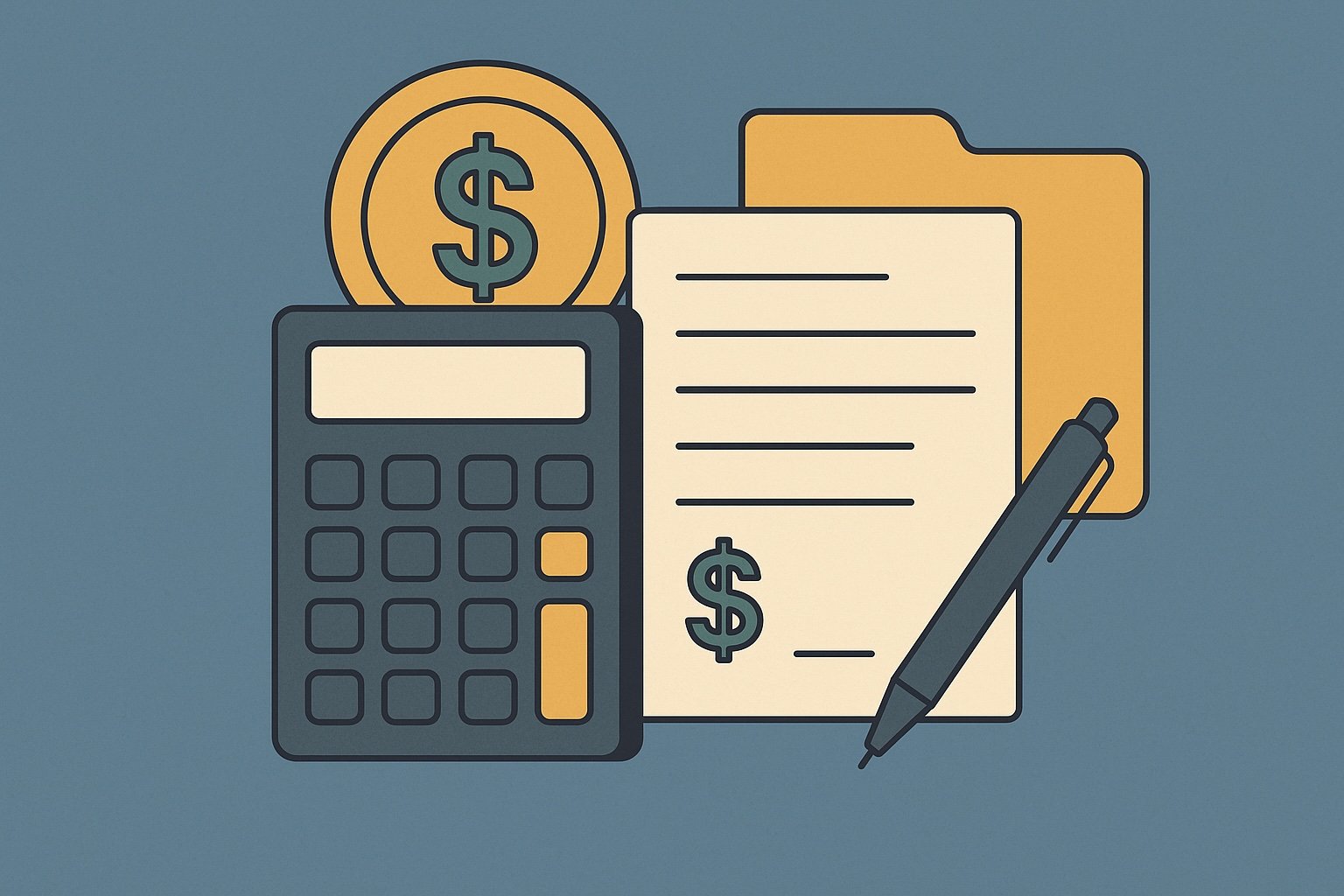Question
ARTE's Answer
A 1031 exchange, named after Section 1031 of the Internal Revenue Code, is a unique tax deferral strategy specifically designed for real estate investors. It allows investors to defer capital gains taxes on the sale of a property by reinvesting the proceeds into a like-kind property. This strategy is distinct from other tax deferral methods due to its specific requirements and benefits.
- Specific to Real Estate: Unlike other tax deferral strategies that may apply to a broader range of assets, a 1031 exchange is specifically tailored for real estate held for investment or business purposes. This means that personal property, stocks, bonds, or other types of investments do not qualify for a 1031 exchange. The focus is on real estate, which can include commercial properties, rental properties, and land, as long as they are held for productive use in a trade or business or for investment.
- Like-Kind Requirement: A key feature of a 1031 exchange is the like-kind requirement. This means that the property being sold (relinquished property) and the property being acquired (replacement property) must be of like-kind. In the context of real estate, this is broadly interpreted, allowing for exchanges between different types of real estate, such as swapping an apartment building for a piece of undeveloped land. This flexibility is a significant advantage over other tax deferral strategies that may have more stringent asset type requirements.
- Use of a Qualified Intermediary: A 1031 exchange requires the use of a Qualified Intermediary (QI) to facilitate the transaction. The QI holds the proceeds from the sale of the relinquished property and uses them to purchase the replacement property. This is crucial to avoid the taxpayer having constructive receipt of the funds, which would disqualify the exchange. At Deferred.com, we offer qualified intermediary services, including a “No Fee Exchange,” which can save investors money by reducing transaction costs.
- Strict Timelines: The 1031 exchange process is governed by strict timelines. The replacement property must be identified within 45 days of selling the relinquished property, and the acquisition of the replacement property must be completed within 180 days. These timelines are more rigid compared to other tax deferral strategies, which may not have such specific deadlines.
- Deferral of Capital Gains Tax: The primary benefit of a 1031 exchange is the deferral of capital gains tax. By reinvesting the proceeds into a like-kind property, investors can defer paying taxes on the gain from the sale of the relinquished property. This allows them to leverage their full equity into a new investment, potentially increasing their investment portfolio’s value over time.
Example: Let’s say you own a rental property that you purchased for $200,000, and it’s now worth $400,000. You decide to sell it and use the proceeds to purchase a larger commercial property worth $600,000. By using a 1031 exchange, you can defer the capital gains tax on the $200,000 gain from the sale of your rental property. You engage Deferred.com as your Qualified Intermediary to handle the transaction. We hold the $400,000 proceeds from the sale and use them to acquire the new commercial property on your behalf. You then take out a mortgage for the remaining $200,000 needed to complete the purchase. By doing this, you have successfully deferred your capital gains tax, allowing you to reinvest the full amount into a more valuable property.
A 1031 exchange is a powerful tool for real estate investors looking to grow their portfolios while deferring taxes. Its specific focus on real estate, the requirement for a Qualified Intermediary, and the strict timelines set it apart from other tax deferral strategies. At Deferred.com, we are here to assist you in navigating this process with our expert services.
Have more questions? Call us at 866-442-1031 or send an email to support@deferred.com to talk with an exchange officer at Deferred.
Sources
- Deferring Losses On The Sale of Property Using 1031 Exchanges
- TAM 200039005 (Failed Reverse Exchanges)
- What To Do About Exchange Expenses in a Section 1031 Exchange? (Article)
- Goolsby v. Commissioner
- Rev. Rul. 2002-83 (Related Party Exchanges)
- Evolution of Section 1031 Exchanges
- 1.1031(k)–1 (IRS Code of Federal Regulations)
1031 Question? Ask ARTE
Deferred's AI 1031 Research Assistant is trained on 8,000+ pages of US tax law and outperforms human CPAs by 22%+
CHAT NOW
Learn More
See more frequently asked questions about 1031 exchanges








